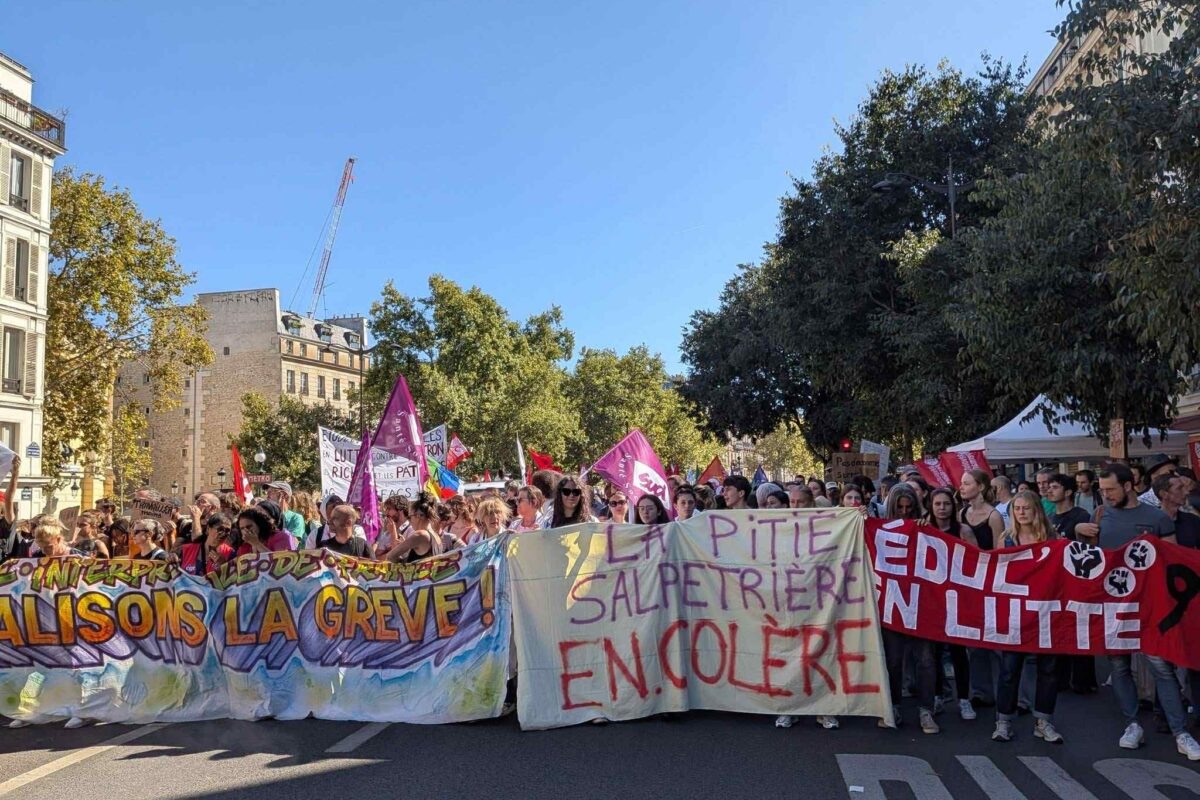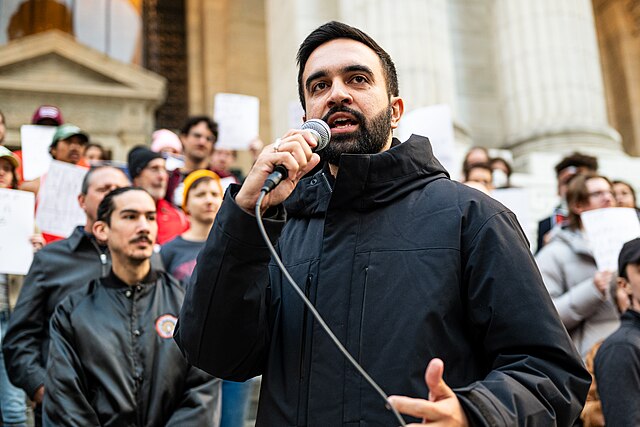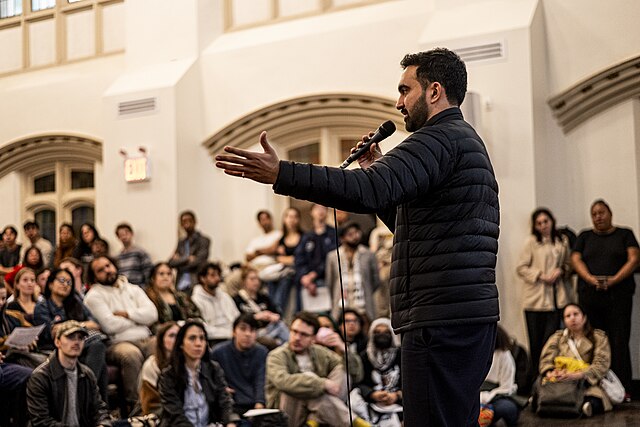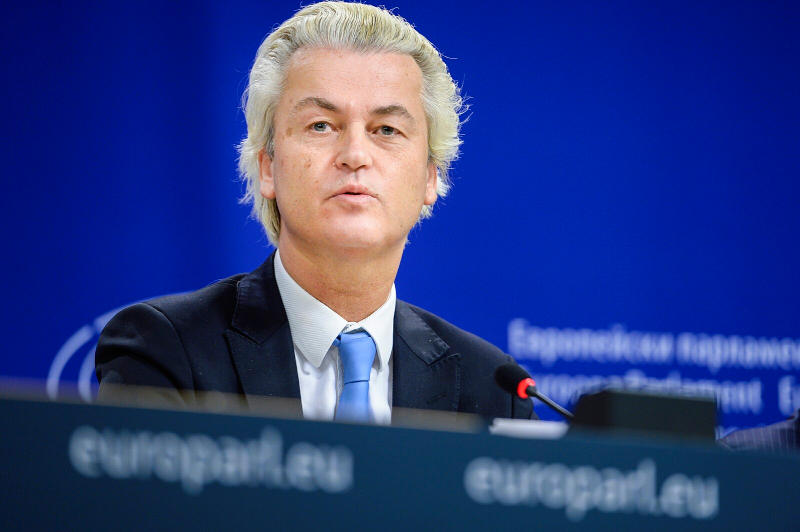A Democratic Litmus Test
On 8–9 June 2025, Italians will vote on five referendums poised to reshape core tenets of labor rights, citizenship, and social justice.
Initiated by CGIL (Confederazione Generale Italiana del Lavoro), i.e. the largest Italian trade unions federation, four of the five referendums are aimed at getting rid of a neoliberal mantra. That flexibility in the job market is essential to ensure infinite growth and health for everyone. In fact, flexibility on the Italian job market has made the Italian working class poorer than ever. Unlike every other OSCE (Organizzazione per la Sicurezza e la Cooperazione in Europa) country, where wages have risen, Italian real wages are lower than 30 years ago.
The fifth referendum was initiated by CGIL and +Europa (a pro-European Union (EU) liberal party) and concerns applications for Italian citizenship. Today, non-EU citizens living and working in Italy can apply after 10 years, even though many applicants wait approximately 3 years for application processing. Over the course of ten years, losing your job or spending any significant amount of time abroad would mean having to start all over again. Thus, desperately keeping a job – regardless of the working conditions – is the reality of many non-EU citizens, who are even more exploited than their Italian colleagues.
Thus the referendum offers a huge democratic potential—and yet, rather than igniting public debate, the process has been met with a deafening institutional silence.
Public broadcasters, whether paralyzed by political pressure or complicit through omission, have abdicated their duty to inform. AGCOM, the media regulator, has issued formal warnings to RAI (the public Italian broadcaster) and other networks—a failure that reveals not mere oversight but systemic democratic decay. In a nation where civic engagement hinges on awareness, such negligence risks reducing the referendums to hollow formalities, dictated less by popular will than by engineered apathy.
This malaise mirrors a broader European pattern. Political forces – often nationalist or conservative – increasingly deploy calculated strategies to control narratives, suppress dissent, and marginalize deliberation. Italy’s vote thus becomes a continental reckoning: a test of whether party tactics can eclipse democratic principles and whether institutions can resist orchestrated disengagement.
A European Reckoning
As briefly described above, democratic decay does not occur in isolation. It is part of a wider European drift, in which nationalist and conservative forces deploy increasingly sophisticated strategies to monopolize narrative control, suppress dissent, and delegitimize public deliberation. European trumpists like Spanish VOX, British Reform UK, Slovakian Hnutie Slovensko, Italian FdI, Polish PiS, etc. all use the same strategy, which we experience daily. The Italian June referendums thus transcend national politics; they are a European stress test, exposing the fragility of representative government institutions when faced with orchestrated disengagement.
The proposed repeals—targeting safeguards against arbitrary dismissal, institutionalizing labor precarity, and delaying pathways to citizenship—have mobilized some progressive alliances, including Alleanza Verdi Sinistra (Left-Green Alliance) (AVS), Partito Democratico (PD) (centre/centre-left party), : Movimento 5 Stelle (M5S) (leftist party), and +Europa. Yet public awareness remains dangerously low. The AGCOM affair epitomizes a tactic familiar to observers of Hungary and Poland: the quiet co-optation of public media to disarm democratic opposition and manufacture apathy.
This is not just negligence—it is a calculated strategy. Italy’s institutional machinery is being repurposed to undermine the very processes it should uphold. The question is no longer whether democracy is under threat. The real question is whether democratic mechanisms are being deliberately hollowed out from within.
Institutional Sabotage as Strategy
Nowhere is this clearer than in the explicit sabotage by senior officeholders. Senate President Ignazio La Russa’s of Meloni’s party Fratelli d’Italia public appeal to abstain from voting marks an unprecedented breach of democratic decorum. The Republic’s second-highest institutional figure (La Russa) would call for civic disengagement while openly venerating fascist iconography. President La Russa has openly admitted that he has a bust of Mussolini at home. This all reveals not a gaffe, but a political posture: contempt for democratic participation cloaked in institutional legitimacy.
La Russa is not alone. Agriculture Minister Francesco Lollobrigida (also from Meloni’s party) has dismissed the referendums as “instrumental provocations”. This is a rhetorical maneuver that reframes civic engagement as subversive noise. Deputy Prime Minister Matteo Salvini (of the Lega party), meanwhile, has actively delegitimized the referendum —further reinforcing a strategy of attrition through mockery, distraction, and procedural stonewalling.
What emerges is not a collection of isolated statements, but a coordinated project of a democratic rollback: participation is not merely discouraged—it is systematically devalued.
Germany’s Illiberal Turn: A Cautionary Tale
Germany—long seen as Europe’s constitutional anchor—is experiencing a quieter, but no less consequential, shift under Chancellor Friedrich Merz. Under his leadership, the country has enacted a spate of exclusionary policies: border rejections have surged 45% in a year; reforms to the “Bürgergeld” welfare system have tightened eligibility; and proposals to erode daily and weekly working hours limit protections threaten long-standing cultural norms around labor dignity.
Presented as pragmatic governance, these reforms function as instruments of ideological consolidation. Germany’s largest trade union, the DGB (Deutscher Gewerkschaftsbund), has denounced them as a “coordinated dismantling” of the postwar social contract. Some “Bundestag” opposition parties such as DieLinke and Bündnis90/Die Grüne warn of technocratic over-reach and legislative opacity, particularly on labor and migration.
What is unfolding is not merely administrative reform, but a redefinition of democratic space. This is proceduralism wielded as a tool of exclusion, and legal formalism repurposed to silence opposition. As Merz centralizes executive authority behind a veil of bureaucratic efficiency, Germany begins to resemble not a beacon of stability, but a cautionary tale of how democracy erodes without any spectacle, in silence.
Conclusion: Democracy as Action
These converging dynamics lay bare a corrosive trend: citizenship reduced to a legal formality, severed from any participatory core. As Angela Merkel once warned, when belonging is defined by exclusion, democracy becomes a hollow performance.
This is the context, in which to consider that a referendum in Italy is only valid if voter turnout exceeds 50%. Hence defending participatory democracy in these Italian referendums is not only a national imperative, it is also an imperative facing many other European states. Abstention is not neutrality, it is complicity. Participation, by contrast, is resistance. And it demands more than a vote: it calls for a revitalized civic discourse, media pluralism, and the elevation of marginalized voices.
What lies ahead is not simply a procedural choice, but a civilizational one. Between resignation and resistance, only one path renews the democratic promise. Europe must decide.




